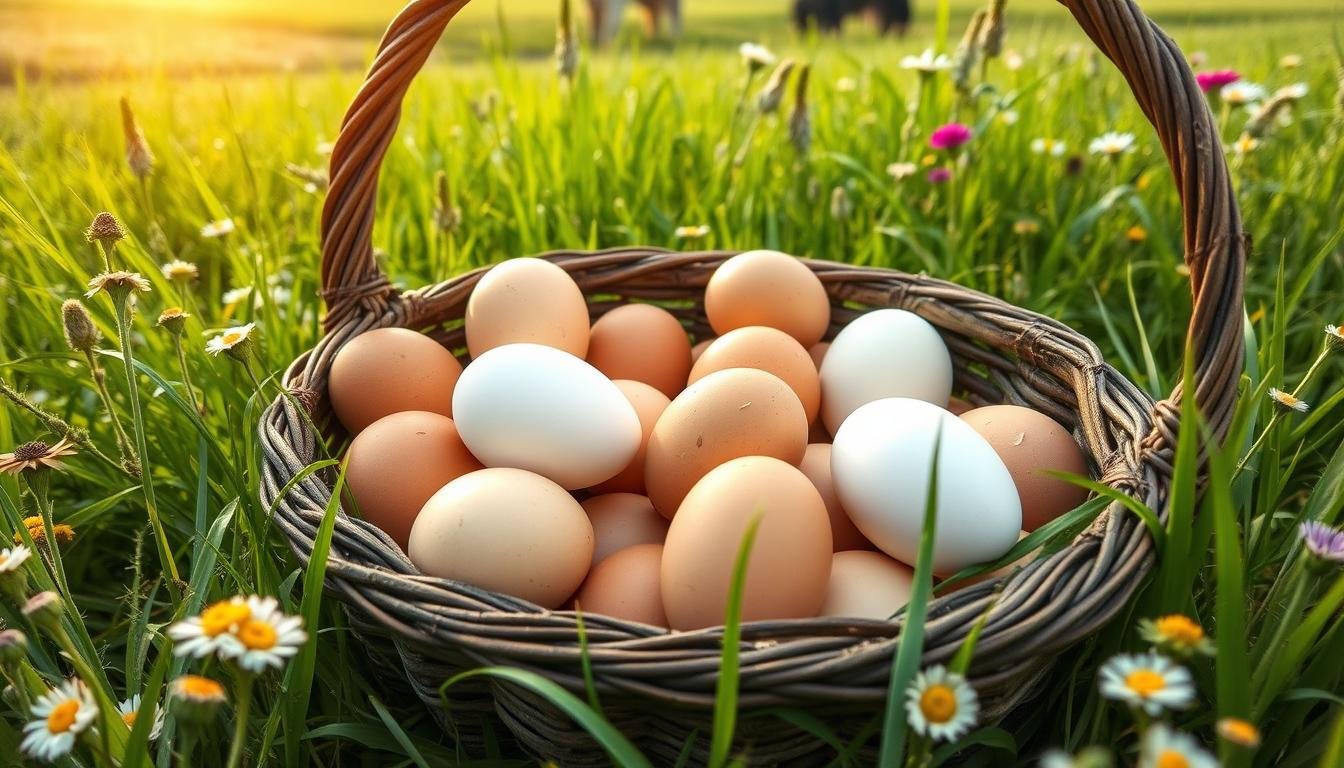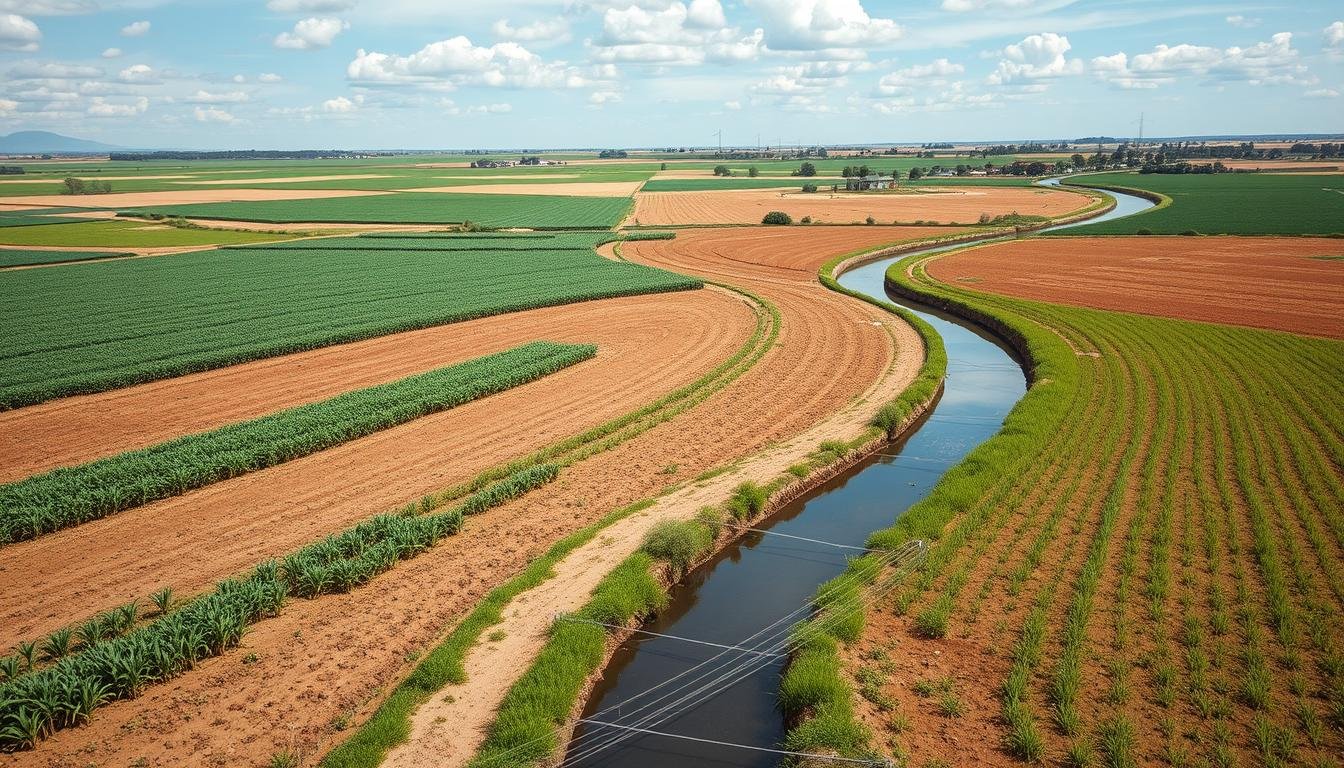Introduction
So you’ve heard about using a mulch layer in your garden, but you’re not exactly sure what the benefits are. Well, you’ve come to the right place!
Using a mulch layer can help retain soil moisture, suppress weed growth, and regulate soil temperatures. It acts as a protective blanket, keeping the soil moist and reducing the need for frequent watering. Not only that, but it also inhibits the growth of unwanted weeds, saving you time and effort in the long run. Plus, the mulch layer helps to insulate the soil, keeping it cool in the summer and warm in the winter.
In this article, we’ll explore the numerous benefits of using a mulch layer and how it can greatly enhance the health and productivity of your garden. Using a mulch layer in your garden has numerous benefits. Let’s explore each of these benefits in more detail.
Reduces Weed Growth
One of the main advantages of using a mulch layer is its ability to reduce weed growth. The mulch acts as a barrier, blocking sunlight from reaching weed seeds and preventing them from germinating. Additionally, the mulch layer helps smother existing weeds, suppressing their growth. This saves you time and effort by reducing the need for frequent weeding.
Conserves Soil Moisture
Another significant benefit of mulching is its ability to conserve soil moisture. The mulch layer acts as a protective layer, reducing evaporation and helping the soil retain moisture during dry periods. This means you won’t have to water your garden beds as frequently, saving you time and reducing your water usage.

Improves Soil Health
Using a mulch layer has numerous positive effects on soil health. As the mulch decomposes, it adds organic matter to the soil, which is essential for nutrient availability and overall soil fertility. The mulch also enhances soil structure and texture, creating a more favorable environment for plant roots to thrive. Moreover, the presence of mulch promotes beneficial soil microbial activity, further improving soil health.
Regulates Soil Temperature
Mulching plays a vital role in regulating soil temperature. The mulch layer acts as an insulator, protecting the soil from extreme temperature fluctuations. During hot weather, the mulch keeps the soil cooler, reducing stress on plant roots. In colder months, it helps retain soil warmth, providing a more favorable environment for plant growth.

Prevents Soil Erosion
Erosion can be a serious issue in gardens and landscapes. However, using a mulch layer can help prevent soil erosion. The mulch acts as a buffer, reducing the impact of raindrops on the soil surface and creating a barrier against wind erosion. Additionally, the mulch layer holds soil particles together, preventing them from being washed away by heavy rainfall.
Reduces Soil Compaction
Soil compaction can hinder plant growth and nutrient absorption. Luckily, using a mulch layer can help alleviate this problem. The mulch acts as a cushioning layer, protecting the soil from foot traffic or machinery, thus preventing compaction. It also helps to reduce compaction caused by heavy rains. By preventing soil compaction, the mulch allows for better root growth and improved nutrient absorption by plants.

Enhances Nutrient Cycling
Mulching also plays a key role in enhancing nutrient cycling in the soil. As the mulch decomposes, it increases organic matter decomposition, which releases nutrients into the soil. This process improves nutrient availability to plants, ensuring they have an adequate supply of essential elements for growth. Additionally, the mulch layer helps to reduce nutrient leaching and runoff, keeping nutrients within the root zone and minimizing environmental pollution.
Suppresses Plant Diseases
Using a mulch layer can help suppress plant diseases. The mulch creates a physical barrier between the soil and the plant, preventing soil-borne pathogens from splashing onto the leaves. By reducing the spread of diseases, the mulch maintains plant health and promotes a thriving garden.

Improves Aesthetic Appeal
In addition to the practical benefits, using a mulch layer can also enhance the overall aesthetic appeal of your garden. The mulch provides a neat and tidy appearance to garden beds, giving them a well-maintained and professional look. This can greatly enhance the visual appeal of your landscape and make your garden a more enjoyable space to spend time in.

Saves Time and Effort
Last but not least, using a mulch layer saves you time and effort in garden maintenance. With the mulch acting as a natural weed suppressant, you won’t have to spend as much time pulling out unwanted plants. Additionally, the mulch conserves soil moisture, reducing the need for frequent watering and irrigation. Overall, using a mulch layer minimizes the effort required for garden upkeep, allowing you to spend more time enjoying your garden rather than working on it.
Conclusion
In conclusion, using a mulch layer in your garden provides a multitude of benefits. From reducing weed growth and conserving soil moisture to improving soil health and regulating temperature, mulching is a valuable practice for any gardener.
It prevents soil erosion, reduces soil compaction, enhances nutrient cycling, and suppresses plant diseases. Furthermore, it adds to the aesthetic appeal of your garden and saves you time and effort in garden maintenance. So, why not give mulching a try and reap the rewards it brings to your garden?
Frequently Asked Questions
Why is mulching important?
Mulching is crucial because it provides a protective layer over the soil, offering several benefits for plant growth and overall crop productivity. It helps conserve moisture, control weeds, regulate soil temperature, and enhance soil health.
What are the benefits of using mulch around your garden plants?
–Weed Suppression: Mulch acts as a barrier, limiting sunlight for weed growth.
– Moisture Retention: Both organic and non-organic mulches prevent water evaporation, ensuring consistent soil moisture.
– Soil Erosion Prevention: Mulch breaks the fall of rainwater, reducing soil erosion.
– Nutrient Maintenance: Mulch prevents soil nutrients from being washed away and can release nutrients as organic material decomposes.
– Pest Control: Certain mulches, like cedar bark, deter pests due to natural oils.
– Earthworm Attraction: Organic mulch encourages earthworms, improving soil structure and nutrient cycling.
– Aesthetic Enhancement: Mulch fills empty spaces, giving your garden a polished look.
What is the main objective of mulching?
The primary objective of mulching is to create a conducive environment for plant growth by addressing challenges posed by external factors. This includes moisture conservation, weed control, and soil health improvement.
Why is putting mulch around trees important?
Mulching around trees provides similar benefits as in gardens: moisture retention, weed suppression, and protection against temperature fluctuations. It also prevents soil compaction around tree roots.
What are 4 benefits of mulch?
Moisture conservation, weed suppression, soil enrichment, and erosion control are key benefits of mulching.
What are the advantages and disadvantages of mulch?
Advantage: Improved soil health, nutrient cycling, and overall healthier plants.
Disadvantage: Some mulches may attract insects or encourage fungal growth if piled against plant stems.
What does mulch prevent?
Mulch prevents weed growth, soil erosion, and excessive water evaporation.
What are the types of mulch and their advantages?
Mulch materials include organic (plant residues, straw) and synthetic (plastic). Each has merits and demerits.
How does mulching improve?
Mulching improves soil health, conserves water, and enhances crop productivity by creating a favorable environment for plant growth.
What are the 5 disadvantages of mulching?
While mulching has many benefits, potential disadvantages include attracting pests, fungal issues, improper application, and excessive depth.
When should you use mulch?
Use mulch during planting or as needed to maintain soil health and protect plants.
What color mulch looks best?
The choice of mulch color is subjective. Dark brown or black mulch often complements garden aesthetics.
What is the longest-lasting mulch?
Hardwood bark mulch tends to be long-lasting and durable.
Which color mulch lasts longest?
Dark-colored mulches (such as black or brown) tend to last longer due to better UV resistance.
Which type of mulch is best?
The best type of mulch depends on your specific needs, but organic mulches like wood chips or straw are commonly used.
Source Links
- Agri4Profits: What is Mulching and Importance of Mulching.
- Joe Gardener: 110-Why Mulch Matters in Every Garden: What You Need to Know.
- Homesteaders of America: 8 Benefits of Mulch in the Garden.
- Almanac: How to Mulch Your Garden | Types of Mulch.






